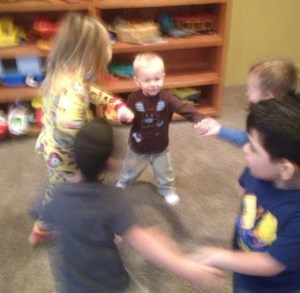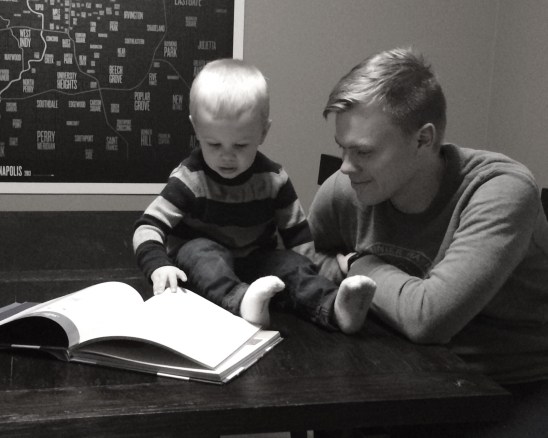I’ll never forget the first time someone tore apart my writing. I sent an editor what I thought to be a complete masterpiece. Surely, she would be so in awe of my incredible skill and wit that the only response she could possibly elicit would be, “This is delightful in every single way. I can’t even believe you came up with this. I have nothing but positive things to say.”
Fortunately (in hindsight), that was not her response. My piece came back full of red ink. It was covered with suggestions, feedback, and then some sentences like, “This sentence is weak,” “I don’t know where you’re going here,” “This is not clever, it’s just confusing,” and, “Take this out. It doesn’t add anything.”
My stomach dropped.
How could she not be utterly impressed by my work? Why did she hate me so much?
After my pride had taken a massive (needed) hit, I read her suggestions. I thought about them, incorporated them, and then sent the piece back to her, with a little bit of fear and trembling.
Her response?
“Much better. Good work.”
As I’ve been in practice of editing other people’s work for almost four years, I know this look of shock well. I recognize the eyes that say, “How could you? Do you not love me?” when I give something back to someone with some suggestions. And then I empathetically remind them of the helpful truth I discovered several years ago: red pen is actually a form of love.
In my writing (and in my life), red pen symbolizes something much bigger than some scribbles on a page. It means that the person I’ve entrusted to give me honest, critical feedback is taking precious time out of their day to help make me better. Seriously. They’re intentionally investing energy that they could be giving to 1,000 other things. They don’t only want to make me a better writer, but also a more thoughtful communicator and person. I have significant blind spots that I cannot recognize without people I trust speaking into my work.
I’m on my way home from speaking at a high school conference, and before I went, I knew that I needed input from leaders and communicators I respect and trust. So I sent it off to several friends, asking for their perspective, and gave them permission to give me brutal and direct feedback. They delivered, in full. One pointed out a significant blind spot of mine, and because of his advice, I rewrote nearly four paragraphs of content to make the narrative stronger and more compelling. One gave some caution about a simple word change that could help me not lose the room, and it worked. I wouldn’t have known or seen these things without their input.
If getting feedback hurts sometimes, I get it. I’m with you. Hear me: red pen is love. It’s a sign that someone is invested in your growth and development and that he not only cares about you, but he wants you to be better. At its core, feedback (in all its forms) is simply information we need that we cannot get on our own.
So embrace the red pen, friends. Ask for it often, no matter your craft. It’s a form of love and respect.
 med her into our days and even in my most tired moments, I can’t believe that I’ve been given the privilege, again, of being called “Mommy.”
med her into our days and even in my most tired moments, I can’t believe that I’ve been given the privilege, again, of being called “Mommy.”







